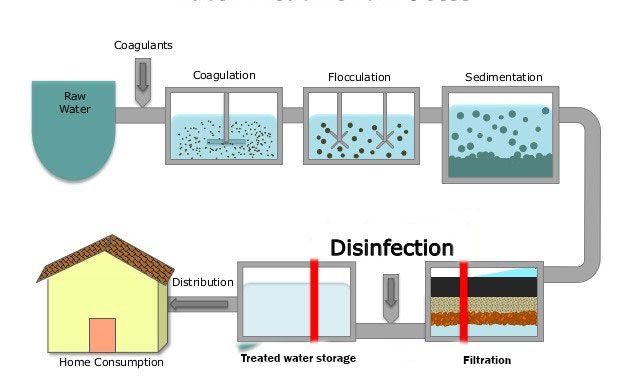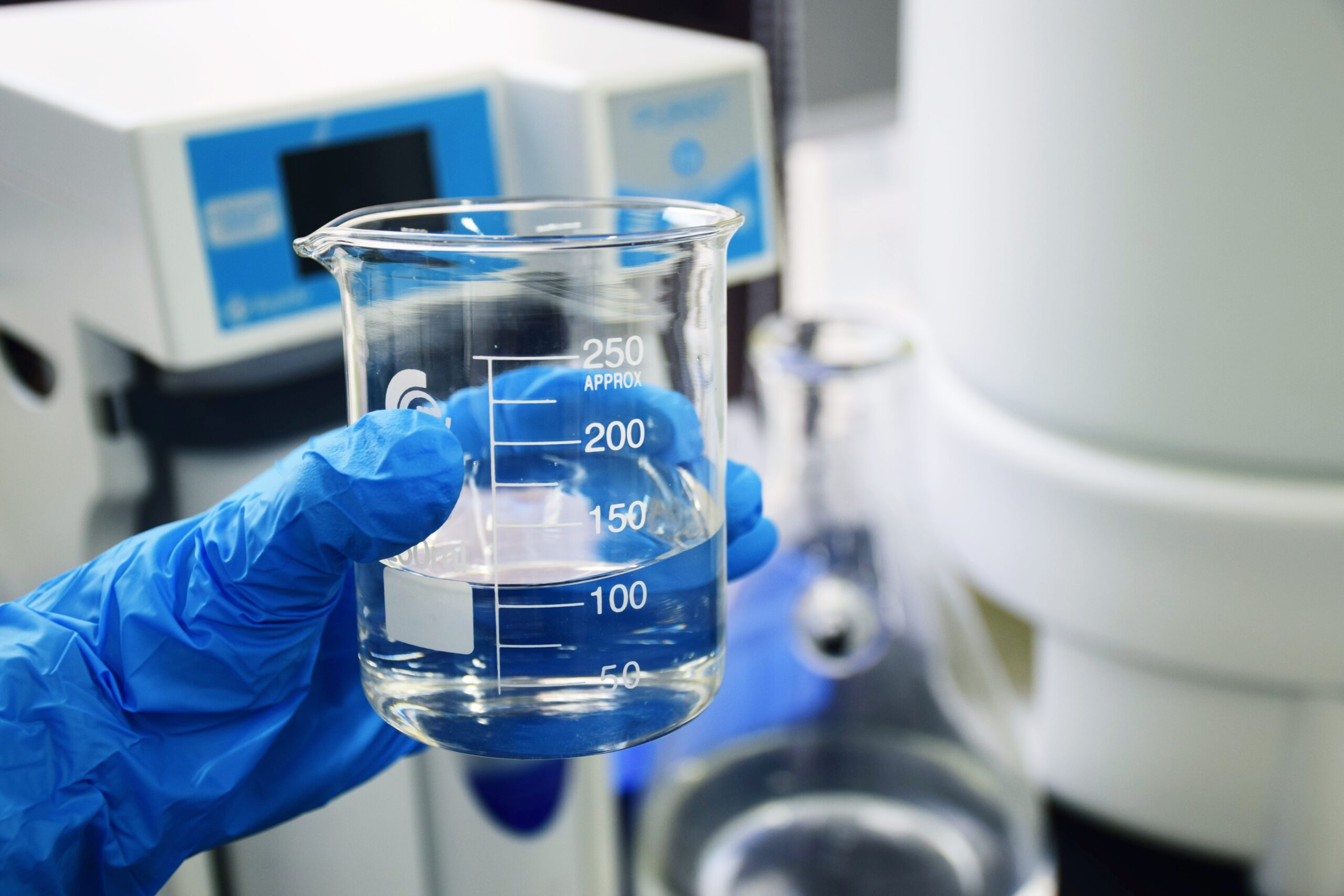Update Your Water Quality Today with a Water Purification System
Wiki Article
Why a Water Purification System Is Crucial for Clean, Safe Water
Access to tidy, safe water is an essential human right and a foundation of public health and wellness. Nevertheless, the existence of damaging contaminants such as virus, heavy steels, and chemical pollutants in our water system raises serious worries about wellness and health. A water purification system stands as an essential solution to minimize these risks, ensuring that areas and individuals can access risk-free alcohol consumption water. Comprehending the ins and outs of these systems and their numerous techniques is vital, especially as we take into consideration the effects for health and wellness results and ecological sustainability in our lives.Importance of Clean Water
Access to tidy water is an essential requirement for human health and wellness and health. Infected water can lead to significant health problems, including gastrointestinal health problems, cholera, and dysentery, specifically in susceptible populaces such as children and the senior.Furthermore, clean water is important for cleanliness and hygiene methods, which are important in stopping the spread of transmittable diseases. Adequate water system supports appropriate cleanliness facilities, advertising a much healthier atmosphere. Additionally, accessibility to secure water affects socioeconomic factors, as it allows neighborhoods to involve in farming and industrial tasks, inevitably adding to financial development.
In numerous areas, the lack of tidy water exacerbates poverty and inequality, more hindering progress towards sustainable growth goals. As a result, guaranteeing accessibility to tidy water is not only a public health vital however additionally a cornerstone for social equity and economic growth. Efforts to enhance water top quality and facilities have far-ranging advantages, fostering healthier areas and boosting high quality of life.

Common Pollutants in Water
Ensuring the schedule of clean water is undermined by various pollutants that can jeopardize its safety and security and top quality. The visibility of pathogens, such as germs, viruses, and parasites, positions considerable wellness dangers, particularly in areas doing not have appropriate hygiene. These microorganisms can cause waterborne illness, resulting in severe illness or perhaps death.Chemical contaminants likewise present an important issue. Hefty steels, including mercury, lead, and arsenic, often enter water supplies through industrial discharges or corroded plumbing. These materials can accumulate in the body over time, resulting in long-lasting wellness problems such as neurological damages and developmental problems.
Furthermore, farming drainage presents pesticides and plant foods into water supply, which can interrupt ecological communities and negatively influence human health. Nitrates, commonly located in fertilizers, can create significant conditions like methemoglobinemia, especially in infants.
Advantages of Water Filtration Systems
Identifying the essential need for secure drinking water, water purification systems supply a myriad of benefits that enhance public wellness and ecological sustainability. Mostly, these systems effectively eliminate unsafe impurities, including microorganisms, viruses, hefty metals, and chemicals, guaranteeing that the water consumed is without pathogens and pollutants. This reduction in pollutants considerably decreases the danger of waterborne diseases, promoting general area wellness.In enhancement to wellness advantages, water filtration systems add to environmental sustainability by minimizing reliance on bottled water, which additional resources usually creates extreme plastic waste. By making use of a purification system, households can decrease their carbon footprint and add to an extra lasting community. Moreover, these systems can boost the preference and smell of water, making it extra palatable for day-to-day consumption.

Different Sorts Of Purification Approaches

One typical technique is reverse osmosis, which makes use of a semi-permeable membrane to separate water from dissolved pollutants and solids. This process successfully decreases impurities, including heavy metals and chemicals. One more widely used technique is ultraviolet (UV) disinfection, which uses UV light to counteract viruses and bacteria, rendering them safe without using chemicals.
Triggered carbon filtering is another prominent approach, utilizing carbon to adsorb organic compounds, chlorine, and undesirable odors, boosting preference and smell high quality. Purification, a process that involves boiling water and condensing the steam, effectively removes pollutants and minerals yet may require even more power compared to various other approaches.
Ion exchange is typically used to soften water by changing calcium and magnesium ions with sodium or potassium ions. Each method has its benefits and limitations, making it important to comprehend their performances and efficiency in addressing certain water high quality concerns - Water Purification System. Eventually, picking the appropriate filtration approach is important for making certain tidy and risk-free drinking water
Selecting the Right System
Selecting an appropriate water purification system calls for cautious consideration of numerous factors, consisting of the certain pollutants existing in the water system, the quantity of water needed, and the preferred purification approach. It is vital to carry out a water top quality test to identify impurities such as microorganisms, hefty steels, or chemical toxins. important site This details will certainly direct you in picking a system that successfully targets those particular impurities.
Next, assess your house's daily water consumption to establish the system's capability. Solutions are readily available in various dimensions, from point-of-use filters for drinking water to whole-house devices that detoxify all water entering your home.
Moreover, take into consideration the filtration method that best fits your requirements. For instance, reverse osmosis is highly reliable for eliminating a large range of contaminants, while UV purification is outstanding for getting rid of microorganisms.
Final Thought
In conclusion, the application of water filtration systems is vital for making certain accessibility to tidy and risk-free water. By understanding the importance of clean water and the advantages of various filtration approaches, communities can make informed decisions to read review guard their health and advertise socioeconomic security.Acknowledging the essential need for secure drinking water, water purification systems provide a myriad of advantages that enhance public wellness and ecological sustainability.In addition to health benefits, water filtration systems contribute to environmental sustainability by reducing reliance on bottled water, which commonly generates extreme plastic waste. Inevitably, the adoption of water purification systems is a proactive action toward making sure clean, safe water for future generations while safeguarding public wellness and the setting.
Picking a suitable water purification system needs cautious consideration of different aspects, including the specific impurities existing in the water supply, the volume of water required, and the desired purification technique.In conclusion, the application of water purification systems is important for guaranteeing access to clean and safe water.
Report this wiki page